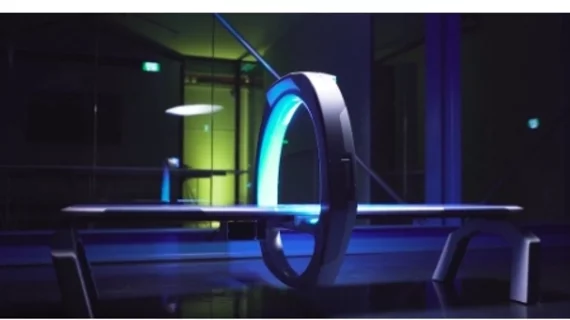Nanox sees stock slide after FDA finds deficiencies in application for novel imaging system
Radiology startup Nanox saw its stock slide on Thursday after revealing that the U.S. Food and Drug Administration has found deficiencies in its application to rollout a novel imaging system.
The Israel-based firm first submitted a 510(k) premarket application for the commercial version of its multi-source, digital tomosynthesis Nanox.ARC back in June. But FDA reviewers have now placed the application on hold until Nanox addresses a list of deficiencies, according to a filing with the Securities and Exchange Commission.
Nanox said it plans to respond by the due date: 180 days after the feds’ request for additional information.
“The company expects to continue to optimize and develop further features of Nanox.ARC and is considering submitting an additional 510(k) application for the next version of multi-source Nanox.ARC during the fourth quarter of 2021, which will benefit from the FDA’s feedback on the first version of the multi-source Nanox.ARC,” officials said in the Aug. 19 SEC filing.
Nanox previously scored FDA clearance for the single-source version of its X-ray technology in April and has indicated it hopes to deploy the first 15,000 scanners by 2025. Meanwhile, the startup just recently announced plans to acquire artificial intelligence firm Zebra Medical and teleradiology group USARad for $230 million, while also appointing a new CEO.

